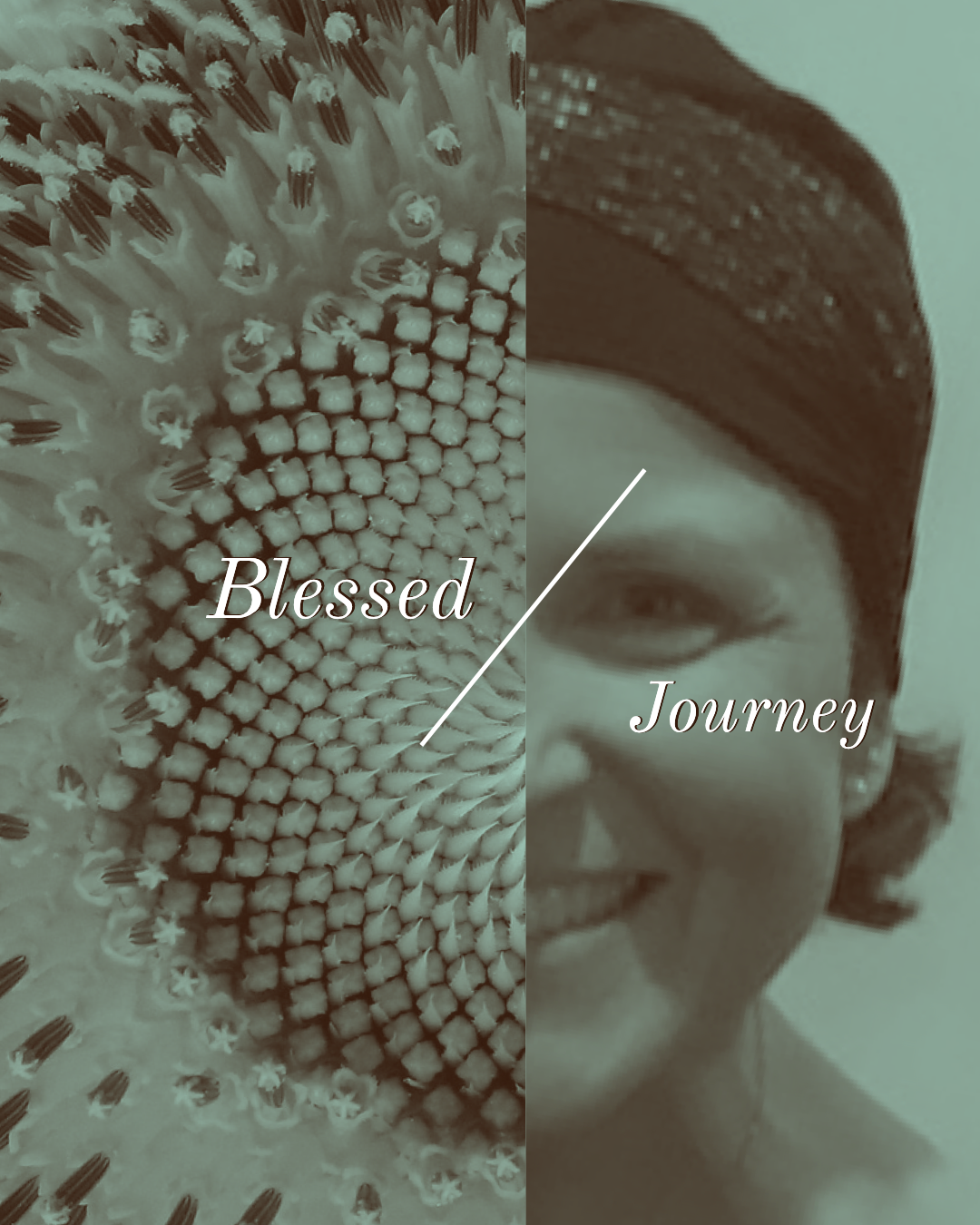As a catechist that ministers to young people, we often consider that we are doing the doing the work of Christ. The ultimate goal of our work being to teach the young people their prayers and the Catholic faith. Each of us have our own reasons for why we do what we do, and those reasons vary greatly from person to person. For some it is as simple as the lack of catechists in the community and the DRE really needing someone for a specific grade. For others, there may be a child or a grandchild in the program. For yet others, it is for the love of and personal relationship they have with Jesus Christ. Some folks may say that the reason does not matter, as long as you keep showing up. I would like to challenge that thinking, rather I would suggest that regardless of how you got where you are, what is most important is what you are going to do now.
I have the blessing of working with many catechists and several have often told me that they can not teach something or change the way they teach a subject because they do not know how. They feel they do not have the knowledge base to make the change. These conversations are healthy and important, however what happens next? Do we not change, not grow, not serve our young people the way they need us to simply because we are unequipped, or because we are comfortable doing what we have been doing? Absolutely not. It is ok to not know, or to feel underequipped. What is not ok however, is to do nothing about it. It is our responsibility as catechists to continue to grow, to learn and prepare ourselves to serve those we minister to.
First, we must be honest with ourselves about why we are where we are. If the reason is any other than first and foremost a personal relationship with Christ that you want to share, this is where the work must begin. Each of us must be willing to work on our own relationship with Christ if we are to share it. If we are trying to introduce Christ to our young people, and we don’t know Him personally first, they will sense it. One of my friends put it best when we were talking recently, he said “young people have a great b.s. sensor.” Simply put, they will not trust what we are telling them if they first cannot trust us to be honest and genuine with them.
Over and over we hear that we must be willing to meet people where they are. This includes our young people. To do this, we also then must know a little about where they are not only spiritually but developmentally as well. “For individuals exposed to the faith in childhood, this journey necessarily has a developmental component. What is important as children learn about their faith? Not only what we teach, but also how the learner receives it. We can misrepresent Catholic teaching by getting the facts wrong, but we could also misrepresent Catholic teaching by delivering the facts in a way that they are not well understood. (cf Joseph D. White n.d., 71)”
The Lord understands our humanity, the way we need to receive the Word in order for us to come to fully understand it. “God, in his greatness, uses a pedagogy to reveal himself to the human person: he uses human events and words to communicate his plan; he does so progressively and in stages, so as to draw even closer to man. (Joseph D. White n.d., 65)” If the Lord continues to reveal himself to us in this manner, shouldn’t we also be willing to do our part to adapt what we do for those we minister to?
With all of this on our heart, I challenge you to take time in reflection of your ministry. We have a responsibility to think outside the box. It is healthy for us to personally reflect on our strengths and weaknesses in our ministry. Ask yourself why you are serving in the ministry you are. Find an area in your ministry, or in your personal relationship with Christ and make intentional effort to grow and improve. To confront our weakness is a true strength and blessing to those around us. We must keep asking is it our work or His…?


